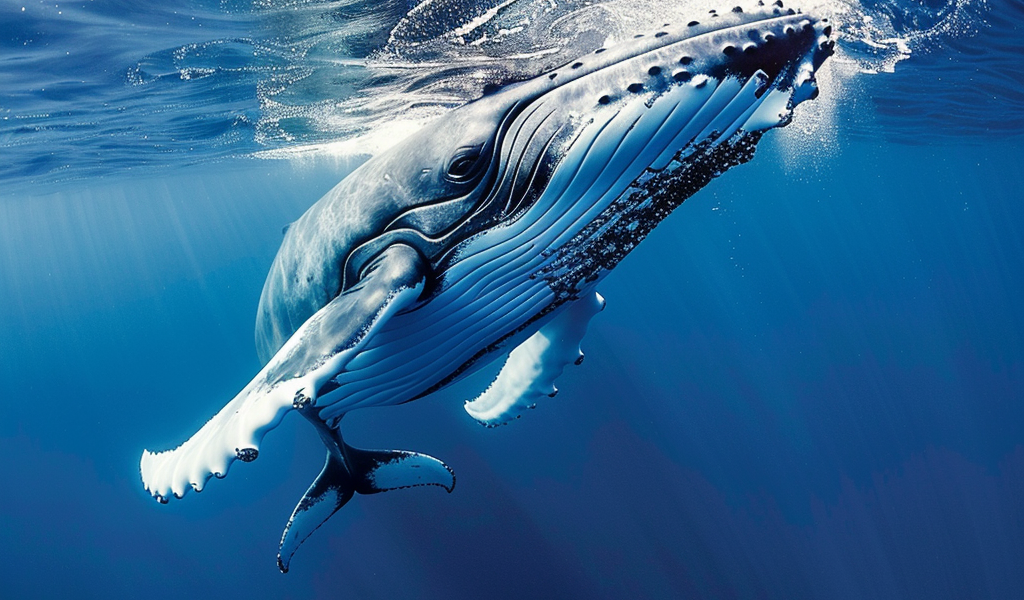Study Shows Reduced Human Activity During COVID-19 Pandemic Lowered Stress Levels in Humpback Whales
A recent study conducted by the University of Queensland has revealed fascinating insights into the well-being of humpback whales during the early stages of the COVID-19 pandemic. The research, led by marine mammalogist Jake Linsky, found that Australian humpback whales experienced lower stress levels in the absence of significant human activity on the ocean.
The study, which involved taking skin and blubber samples from whales near North Stradbroke Island, highlighted the positive impact of reduced human presence on the migratory cetaceans. The findings mirrored a previous study conducted by Boston scientists following the events of September 11, where a decrease in stress hormones was observed in North Atlantic right whales due to the temporary halt in planes and commercial ships.
Dr. Linsky emphasized the sensitivity of whales to underwater noise, noting that the absence of commercial vessels during the pandemic likely contributed to the whales’ reduced stress levels. The study compared cortisol levels in whales during the pandemic year of 2020 and the following year of 2021, with significantly lower stress hormone levels detected in 2021.
According to Dr. Linsky, the ability of whales to communicate and navigate underwater is heavily reliant on sound, making them particularly vulnerable to disruptions caused by human-generated noise. The study underscored the importance of minimizing human impact on whale populations to ensure their well-being and sustainability.
The research findings suggest that efforts to reduce underwater noise pollution and human activity in whale habitats could have significant benefits for the health and stress levels of these majestic marine creatures. As scientists continue to study the impact of human activities on marine life, the study serves as a reminder of the interconnectedness between human actions and the well-being of ocean ecosystems.





